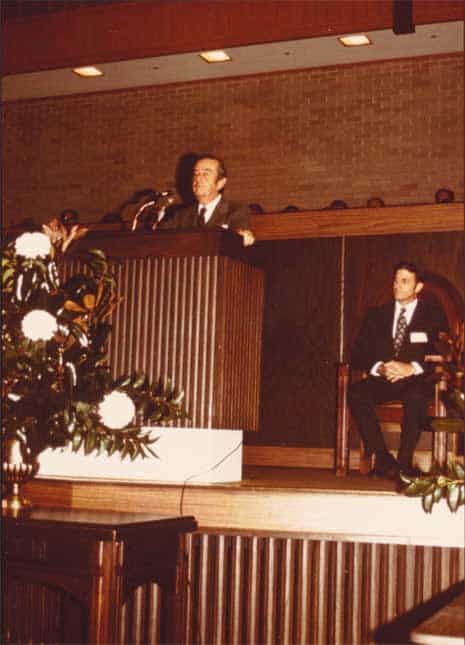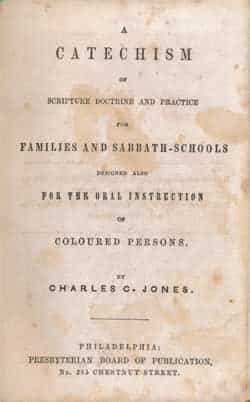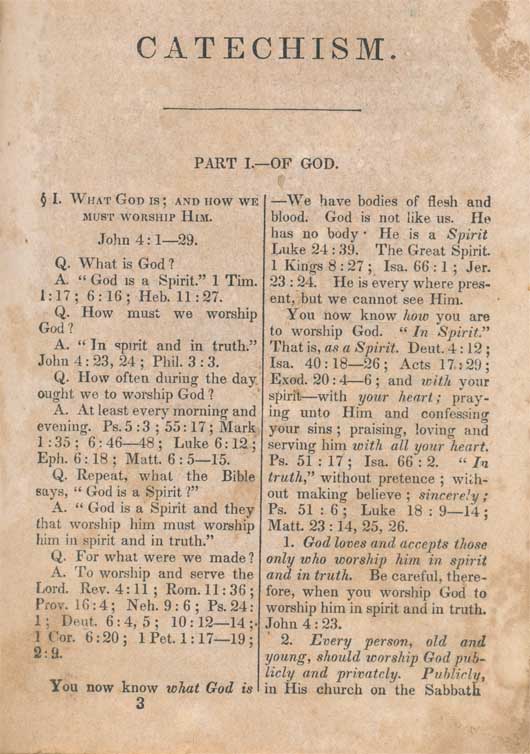This Day in Presbyterian History:
A Preacher’s “Kid” Serves Congress as Chaplain
Ralph Randolph Gurley did not have a prayer, as the expression goes, in not being a minister of the gospel. His father was a Congregationalist minister. His mother was the daughter of a minister. So he had two examples at home about the call to minister spiritual truth to others.
Born in Lebanon, Connecticut in 1797, he attended Yale College and graduated from it in 1818. Moving to our nation’s capitol, he was licensed to preach by the Baltimore Presbytery of the Presbyterian Church. He was never called to a congregation however. And he never went the next step to become an ordained minister in the Presbyterian church. But this lack of recognition didn’t hinder him from ministering to the poor in Washington D.C., nor serving his fellow-man in the political areas.
On two occasions, he was elected on December 6 in 1830 and on December 6 in 1847 to the Chaplain’s office of the House of Representatives in the mid-1800’s. He was preceded and followed by Presbyterian chaplains. But his main ministry was as an agent of the American Colonization Society, which sought to provide free passage of free slaves to what is now Liberia, Africa. In fact, he was the one who named this West African nation, Liberia.
Recognize that this ministry with this organization which was founded in 1816 was far before the Civil War. Ralph Gurley traveled all through the states, including the Southern states, and three times to West Africa, seeking to reverse the slave trade and send free blacks back to Africa It has limited success, even after the Civil War. We will look at its organization on December 21. (See there)
Words to live by: We would say today that Ralph Randolph Gurley had both a called position and a para-church ministry. The called position was to the state representatives elected to the House of Representatives. It certainly had the potential to lead these politicians into the ways of the Lord. But he also had a calling in a social field to reverse the terrible scourge of slavery on our country. He diligently labored most of his life in that field as well. Any one, much less ministers of the gospel, who feel called to a particular ministry needs to not “let the grass grow under their feet” in engaging in it with all their heart, as none of us know much time we will have on this earth. So let us buy up every opportunity to do good for others, to say nothing of God, knowing that one day we will give a report to our Chief Shepherd, the Lord Jesus, of all our activities on the earth and in the church.
Through the Scriptures: Acts 26 – 28
Through the Standards: A spiritual government has been appointed by the Lord
WLC 30:1
“The Lord Jesus, as King and Head of His Church, has therein appointed a government, in the hand of Church officers, distinct from the civil magistrate.”








